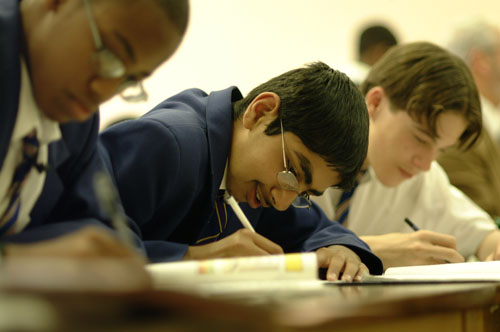
“It is time for the race to the bottom to end. We believe it is time to tackle grade inflation and dumbing down.” — Michael Gove
In the fall of 2012, the British Education Secretary, Michael Gove, outlined proposals for new qualifications in core academic subjects called English Baccalaureate Certificates. Mr. Gove stated that these new reforms would prepare British students for the 21st century and allow them to compete with the best performing education systems around the world.
Are the new performance measures proposed by Michael Gove a solution to “teaching to a test,” improving standards and the overall quality of learning for all students in the UK education system? I asked Michael Young, Emeritus Professor of Education with the School of Lifelong Education & International Development at the Institute of Education, University of London, hogy ossza meg perspektívák.
In 2004, Michael Young was commissioned to write a report on the implications of National Qualifications Frameworks for developing countries (ILO 2005). He has been an adviser to countries in Europe, Africa and Asia on their policies on qualifications. Könyvében, Honosított tudás Back In (2010), won second prize as UK Education Book of the Year.
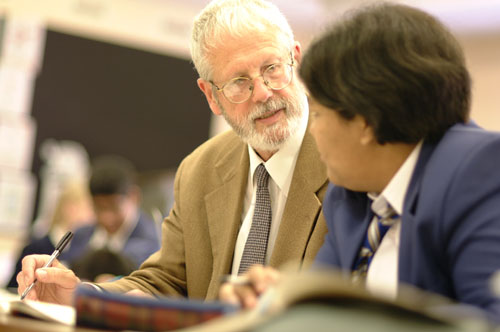
What do you believe are the best and weakest arguments for having the English Baccalaureate Certificates replace the GCSE’s? What would be your best arguments for keeping the GCSE exams?
The main reason why none of the main political parties will risk supporting the widely held view that GCSEs (a 16+ examination) should be abolished is that they are used as the basis of performance tables which enable government to assert a degree of control over schools at a time when they are weakening the existing controls of local government over schools.
GCSEs are a relic of two earlier initiatives. GCE O levels were established in 1951 to cater for at most 20-30 percent of each cohort (each class of students). Abban az időben, the majority of pupils left school at 15 (with no certificates) for unskilled factory and office work. This youth labour market disappeared in the 1970s, so these kids were staying on in school with no certificate to aim for. A new certificate, the Certificate for Secondary Education (CSE), was created for the low achievers. GCE’s and CSE’s were then merged in the 1980s to create the existing GCSE’s, with five grades (A – E); A, B, C being equivalent to the old O levels and D, E, F, and G replacing the CSE’s. The latter became largely worthless for either employment or progression to higher levels and the focus of schools was on grade C or above.
Egy időben, assessment for exams was changed from being norm referenced to criterion referenced, with no limits on the numbers being awarded any grade. The proportion of A – C’s increased every year and this led to a demand for an A* grade to differentiate the A’s. The government feared that if they scrapped GCSE’s (most other European countries do not have a 16+ examination), England would drop in the international performance tables (például. PISA), and that this might cost them votes. Is, there is no tradition for trusting teachers to maintain standards without tests and tables. The problem is that students are increasingly ‘trained for the tests’ és, according to employers and university teachers, know less and less.
The English Baccalaureate (the E Bacc) is a performance measure not an examination. Until it was introduced, performance tables were based on 5 tantárgyak, but only three were compulsory (Angol, maths and general science). The E Bacc merely extends the number of compulsory subjects to include two sciences, a foreign language and a humanities subject. This has had two consequences: Első, schools are dropping many non E Bacc subjects with much opposition from sports and arts communities. Második, schools with, azt mondják, 30 percent of pupils achieving 5 A-Cs on the GCSE subjects, only achieved 5 százalék (or less) on the E Bacc, primarily because they had dropped foreign language when it stopped being compulsory.
The English Baccalaureate has the merits of strengthening the general academic education of lower achieving students and removing useless, mostly quasi-vocational subjects. The government claims that the E Bacc subjects take up 70 percent of the school timetable, leaving adequate time for arts and sports. Azonban, the performance tables, which rank schools with implications for resources and student intakes, shape all school decisions, so few of the educational benefits of the E Bacc will be realized as long as they are in place.
The English Baccalaureate is an ill thought out, off the cuff scheme. A better approach would be something along the French Baccalaureate lines, azaz. a three pathway (general/technological/vocational) Baccalaureate with 20+ percent of the curriculum in common, which students can take at different ages and for which there is no external examination at 16.
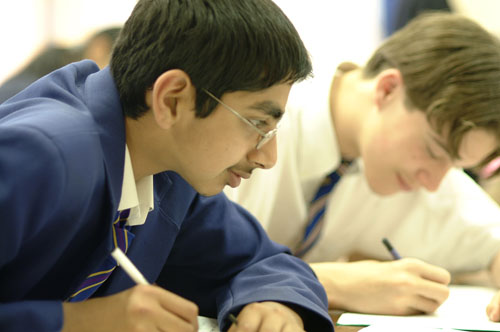
What about taking an approach similar to the International Baccalaureate that measures student’s performance against global peers?
I am a great admirer of the IB, but as an 18+ exam it cannot include more than about 30-40 percent of each cohort without a more applied pathway. I would have a single external examination taken at different ages and abolish performance tables. The key issue is to develop a system in which assessment does not drive curriculum. I am not against the English Baccalaureate in principle. What worries me is its inevitable link to performance tables.
Students learn best when they are being taught to learn as opposed to being taught just to pass a test. Agree?
I agree as long as ‘teaching to learn’ is through specialist subjects. You can only teach or learn something. Teaching to learn and learning to learn are the products of good subject teaching.
As I said earlier, we have standardized tests for social control reasons. Azonban, if you don’t have standardized tests, the social control issues remain. Finland is a good example. They always score high on PISA rankings but they have no external tests and no inspections. How do they do it?
Első, Finns put a high value on education for all – originally out of fear of ‘big brother’ – the Soviet Union.
Második, teaching is a high status profession in Finland. Education faculties in Finland have the highest number of applications for each place.
Harmadik, the richest, most powerful, and most successful parents use the state schools, azaz. kevesebb, mint 1 percent of children go to private schools. They have a stake in the quality of schools. In England, 7 percent of schools are private (fee paying). The political pressure is not to improve state schools but to control them. The rich have no stake in the state schools!
Negyedik, a society has to control schools either by a consensus valuing education for all, or through tests and inspections. If you abolish the latter without establishing the former, you face chaos.
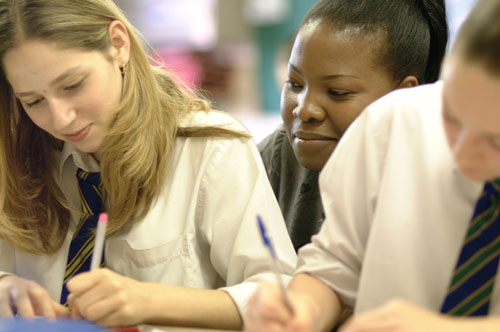
What role should the British government play in education?
Up until the 1980’s and Margaret Thatcher, public education was managed as a relatively inefficient system by a troika of central government, local government, and teacher unions. Thatcher broke all of that up as she thought local government and unions (the providers) had too much power, and parents and employers (consumers) not enough. So she used government to replace ‘provider control’ by a ‘market.’
Why not allow local governments to determine their cities’ or towns’ own educational standards?
It is the rational but not politically realistic option. It’s a view largely shared by the Labour party since Blair.
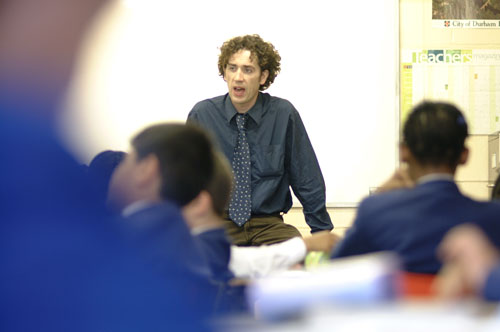
Surveys indicate that parents want to see the arts included in the new Baccalaureate. What are your best arguments for keeping the arts in this new assessment?
As I said before with regard to other subjects, if they keep the performance tables and bring arts into the E Bacc, it will destroy the arts, as schools will be under pressure to teach to the test! A better but unlikely solution would be to abolish the performance tables and broaden the E Bacc.
Since not every child will pass these new exams, what else can be done to prepare children for the real world and make them more competitive in the job market?
In the last decade, lower achieving students have been encouraged to obtain certificates which have no value outside the tables themselves, as they provide no progress to higher level study and employers do not rate them for jobs. The fact that the students get certificates masks the reality that they are not learning anything. At least the E Bacc’s base curriculum will highlight rather than mask low achievement. The problem is that many schools lack specialist subject teachers in the E Bacc subjects, so unless something is done about teacher supply, nothing will improve.

Photos courtesy of the Institute of Education, University of London.
A globális keresési Oktatási, velem és világszerte elismert szellemi vezetők többek között Sir Michael Barber (UK), DR. Michael blokk (Az US), DR. Leon Botstein (Az US), Professzor Clay Christensen (Az US), DR. Linda Darling-Hammond (Az US), DR. Madhav Chavan (India), Professzor Michael Fullan (Kanada), Professzor Howard Gardner (Az US), Professzor Andy Hargreaves (Az US), Professzor Yvonne Hellman (Hollandiában), Professzor Kristin Helstad (Norvégia), Jean Hendrickson (Az US), Professzor Rose Hipkins (Új-Zéland), Professzor Cornelia Hoogland (Kanada), Tisztelt Jeff Johnson (Kanada), Mrs. Chantal Kaufmann (Belgium), DR. Eija Kauppinen (Finnország), Államtitkár Tapio Kosunen (Finnország), Professzor Dominique Lafontaine (Belgium), Professor Hugh Lauder (UK), Professor Ben Levin (Kanada), Lord Ken Macdonald (UK), Professzor Barry McGaw (Ausztrália), Shiv Nadar (India), Professzor R. Natarajan (India), DR. PAK NG (Szingapúr), DR. Denise Pope (US), Sridhar Rajagopalan (India), DR. Diane Ravitch (Az US), Richard Wilson Riley (Az US), Sir Ken Robinson (UK), Professzor Pasi Sahlberg (Finnország), Andreas Schleicher (PISA, OECD), DR. Anthony Seldon (UK), DR. David Shaffer (Az US), DR. Kirsten Magával ragadó Are (Norvégia), Chancellor Stephen Spahn (Az US), Yves Theze (Lycee Francais-beli), Professor Charles Ungerleider (Kanada), Professzor Tony Wagner (Az US), Sir David Watson (UK), Professzor Dylan Wiliam (UK), DR. Mark Wormald (UK), Professzor Theo Wubbels (Hollandiában), Professzor Michael Young (UK), és professzor Minxuan Zhang (Kína) mivel azok feltárása a nagy kép oktatási kérdés, hogy minden nemzet ma szembesül. A Global Search Oktatási közösségi oldal
C. M. Rubin a szerző két legolvasottabb internetes sorozat, amely megkapta a 2011 Upton Sinclair díjat, “A Global Search for Education” és “Hogyan fogjuk olvasása?” Ő a szerzője a három bestseller könyv, Beleértve The Real Alice Csodaországban.



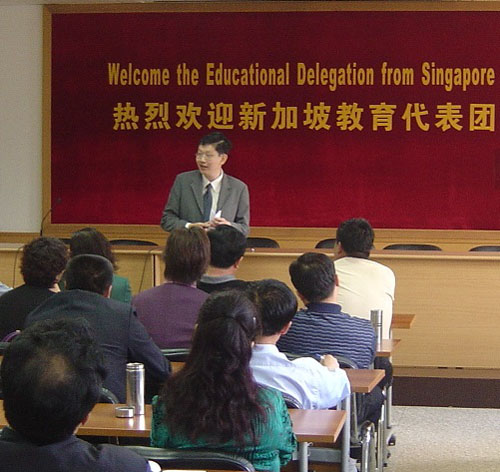
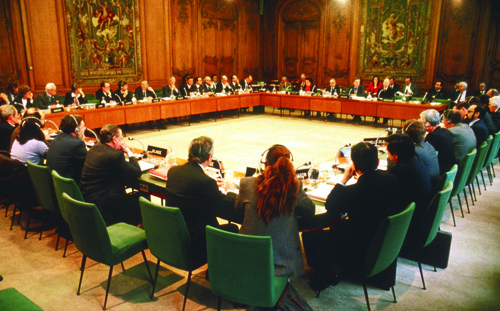
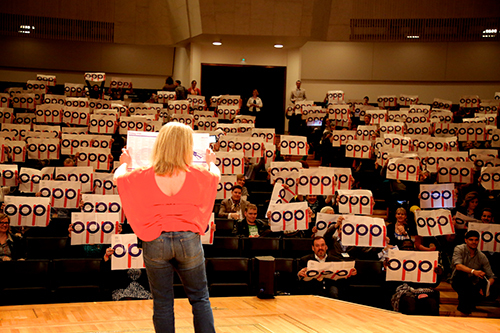
Legutóbbi hozzászólások